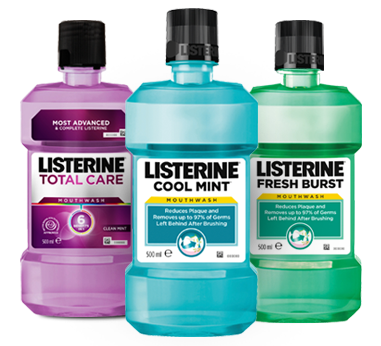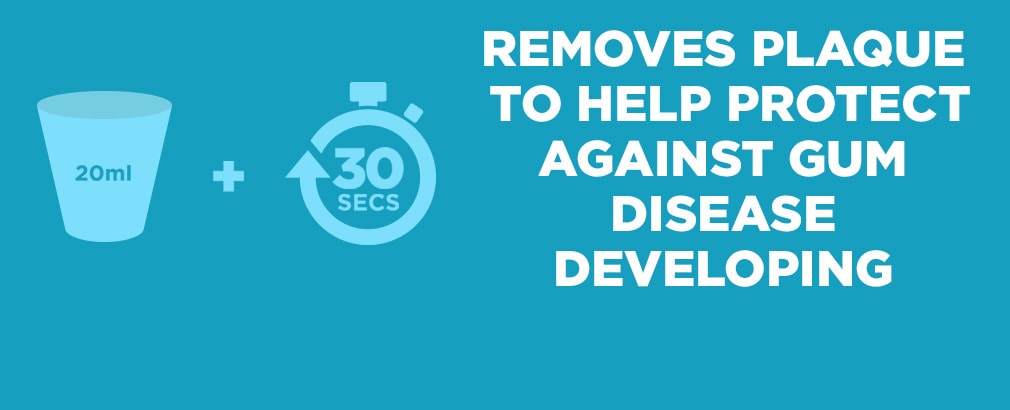5 Telltale Signs You’ve Got Gum Disease
Overlooking a little blood in the sink after brushing or flossing might not seem like an issue at first, but there’s good reason to keep track of these signals – which are early signs of a very treatable, reversible form of gum disease. Left untreated, this mild stage of gum disease can progress to an advanced stage, which permanently damages the bones and tissue that hold teeth in place. Pay attention to these five most visible signals your body is sending you and keep your mouth healthy.
#1 You're Seeing Red
Red is the warning-sign colour for danger. So it makes sense that if you start peeking in the mirror and are seeing gums that are a shade of red, this could signal gums that are in trouble. Healthy gums are firm and pale pink. Bacteria can cause inflamed gums, which is known as gingivitis, the early, mild stage of gum disease, or periodontitis, the later, more serious stage of the disease.
#2 Your Gums Are Puffy
In the early stage of gum disease, gums can also swell as they become inflamed. This is a sign that you want to start adhering to a more solid oral-care routine.
#3 You See Blood in the Sink
Seeing blood in the sink when you spit into it after brushing and/or flossing is another symptom. Gums that bleed easily signal early-stage gum disease.
#4 Your Gums Are Pulling Away from Your Teeth
If your teeth are starting to look bigger than normal, and you notice receding gums, or gums that pull away from your teeth, this is another classic sign of early gum disease. It's not just a natural part of aging.
#5 You’ve Got Bad Breath
Bad breath, or having an exceedingly bad taste in your mouth, can also signal early gum disease. Plaque build-up on the teeth, gums and tongue is usually the culprit of bad breath.
Other changes in your mouth spurred by gum disease could also include tender-to-the-touch gums, odd new spaces forming between your teeth, loose teeth and/or a change in your bite or the way your teeth fit together when you bite. These are signs you should not ignore. If you take control of your gum situation, there's still a chance for you to avoid advanced gum disease.

A mouthwash for
every type of bold

